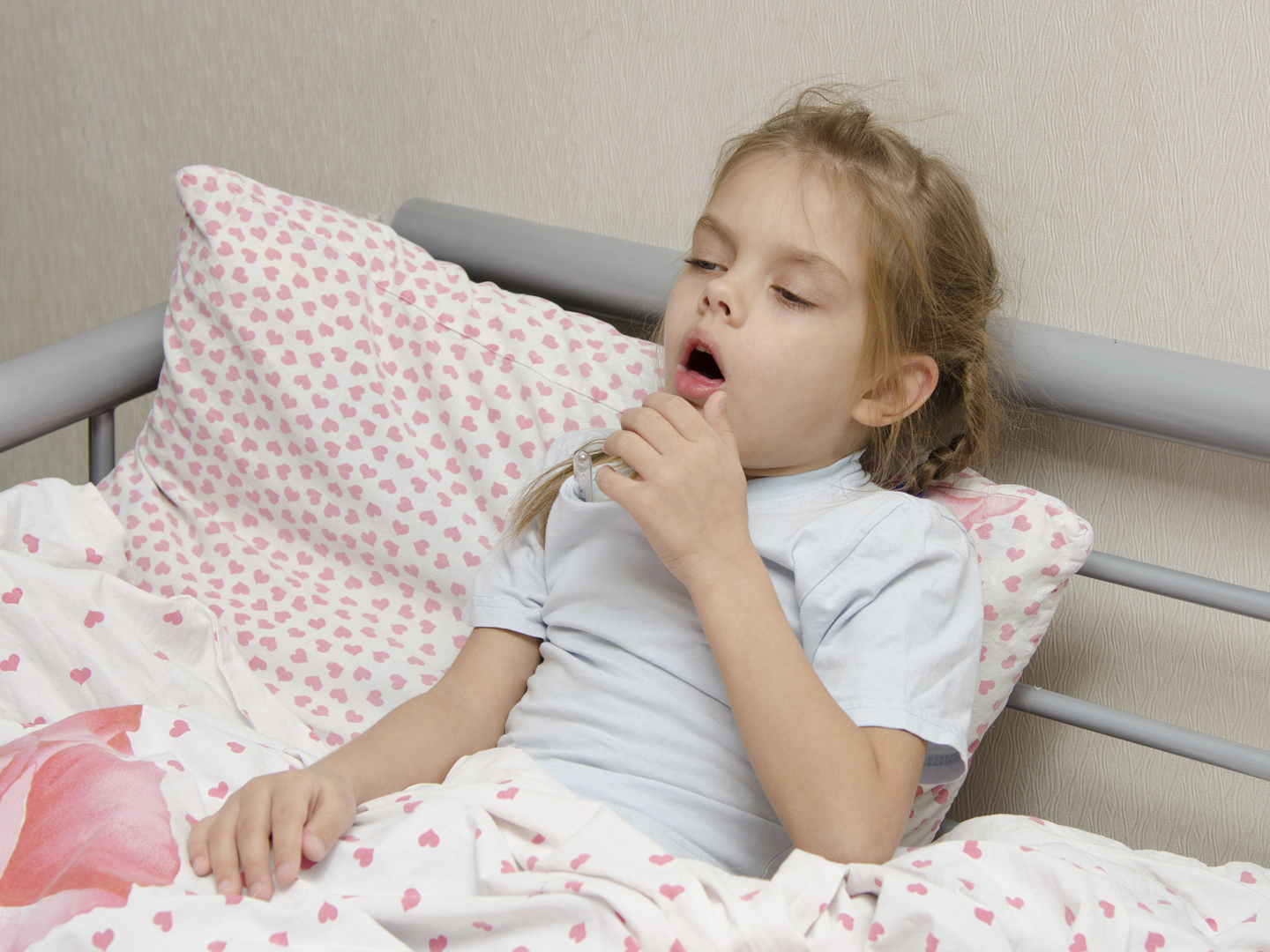Croup

What is croup?
Croup is an inflammation and swelling of the trachea (windpipe) and larynx (voice box). It is usually caused by a virus and lasts five to six days. Croup is more common during the winter and early spring and typically affects children age five or younger. Risks are highest among babies born prematurely. Not all children who are exposed to the viruses that cause croup will be affected; some may develop a simple head cold instead.
What are the symptoms of croup?
The classic symptom of croup is a barking cough, but may also include fever, runny nose, and hoarseness. Croup may cause youngsters to make a “crowing” noise (called stridor) caused by breathing in through the narrowed windpipe. Symptoms tend to be most severe among children between the ages of one and three, and often worsen at night.
Most cases of croup are uncomplicated, but some symptoms indicate a medical emergency. If any of these occurs, call 911 or get immediate medical attention:
- When an insect sting or inhaled object is suspected as the cause of the symptoms
- The child’s lips or skin turn bluish
- Drooling
- Trouble swallowing
Be sure to get immediate medical attention for your child if any of the following symptoms seems severe:
- Stridor
- Retractions (the skin retracts inward between the ribs when breathing in)
- Struggling to breathe
- Agitation or extreme irritability
- Not responding to home treatment
What are the causes of croup?
In 75 percent of all cases croup is due to parainfluenza viruses, but it can also be caused by other viruses, bacteria, allergies, flu, measles and inhaled irritants. Acid reflux can also trigger croup.
In severe cases, a bacterial super-infection can develop in the upper airway. This condition, bacterial tracheitis, requires hospitalization and intravenous antibiotics. If the epiglottis becomes infected, the entire windpipe can swell shut, a potentially fatal complication.
What is the conventional treatment of croup?
Rest, plenty of liquids and acetaminophen for the discomfort of chest congestion and fever are recommended for most children with mild croup. Cough medicines are not appropriate. When babies or young children are having trouble breathing, some pediatricians recommend a short course (such as three days) of prednisone.
Breathing warm, moist air can help, and for mild attacks of stridor, parents may be advised to try “mist treatment.” You can do this by steaming up the bathroom (run hot water in the shower with the bathroom door closed). Once the room becomes steamy, sit inside with your child for about 10 minutes. Alternatively, have your child breathe through a warm, wet washcloth placed over the nose and mouth.
The diphtheria, Haemophilus influenzae (Hib), and measles vaccines protect children from some of the most dangerous forms of croup.
What therapies does Dr. Weil recommend for croup?
For mild croup, Dr. Weil’s colleague, pediatrician Sandy Newmark, advises simple measures such as a vaporizer and liquids. Antibiotics are not helpful and should be discouraged.
Another colleague – Russell Greenfield, M.D., co-author of Healthy Child, Whole Child: Integrating the Best of Conventional and Alternative Medicine to Keep Your Kids Healthy – offers these insights:
- It’s a self-limiting illness, meaning it gets better on its own in almost all cases. Usually, the first night is mild, the second is worse, and the third is bad, then it starts getting better, but the third night can be challenging, as symptoms are almost always worse at night.
- As long as the child is not in severe distress, the first few things to do are to try steaming up the bathroom or using a cool mist humidifier while the child breathes in the moist air, or taking a walk outdoors. It’s common that a child who is having great difficulty breathing gets much better by the time the parents get the child to the emergency department – this is due to exposure to the cool night air.
- Should these interventions not work, a trip to the emergency department usually means child gets cool, humidified oxygen therapy together with steroids to decrease swelling of the inflamed tissues.
- Relaxation techniques may also help. Being “air hungry” is very frightening, but being anxious can make symptoms worse. Music therapy, guided imagery, gentle shoulder or hand massage, or healing touch might all have a place in helping the child (and parents) to relax.









